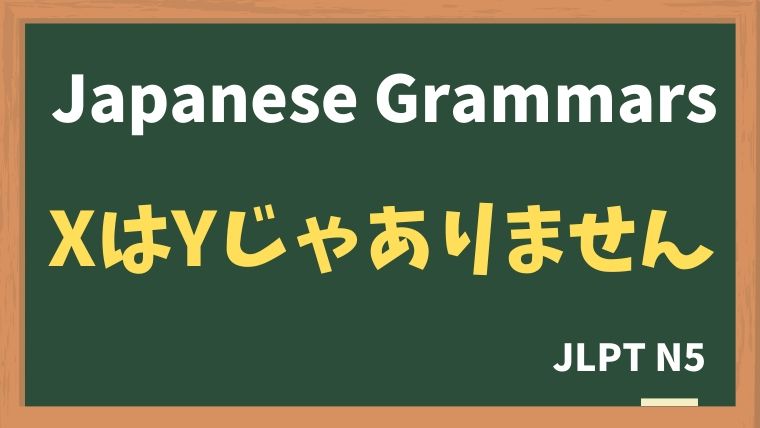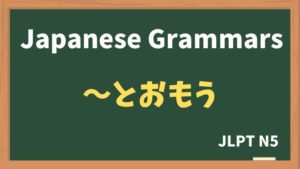
Explanation:XはYじゃありません
fa-check-circleMeaning
"X is not Y"
Used to state that one thing is not something else, which translates as "is not" in English. This phrase is the polite, negative form of "です," making it useful in formal or polite conversation to negate something.
fa-check-circlePoints
- Negation: Used to politely say that something is not something else.
- Formal/Polite Speech: Commonly used in formal or polite situations; it’s the polite counterpart of "〜は〜じゃない."
- Structure: Follows the pattern [X] は [Y] じゃありません, where [X] is the subject and [Y] is what it's not.
fa-check-circleJLPT Level
N5
fa-check-circleNotes
- Alternative: In more formal settings, you might see "じゃありません" replaced with "ではありません," which is even more polite.
- Casual Form: In casual settings, you could say "〜じゃない" instead for a less formal tone, e.g., "ここは としょかんじゃない" (This is not a library).
Sample sentenes
私は アメリカ人じゃありません。
I am not American.
私 は医者じゃありません。
I am not a doctor.
彼女は 主婦じゃありません。
She is not a housewife.
彼は 25歳じゃありません。
He is not 25 years old.
ジョンさんは 会社員じゃありません。
Mr.John is not a company employee.
Vocabulary
| Japanese | English |
| いしゃ | doctor |
| しゅふ | housewife |
| かいしゃいん | company employee |






